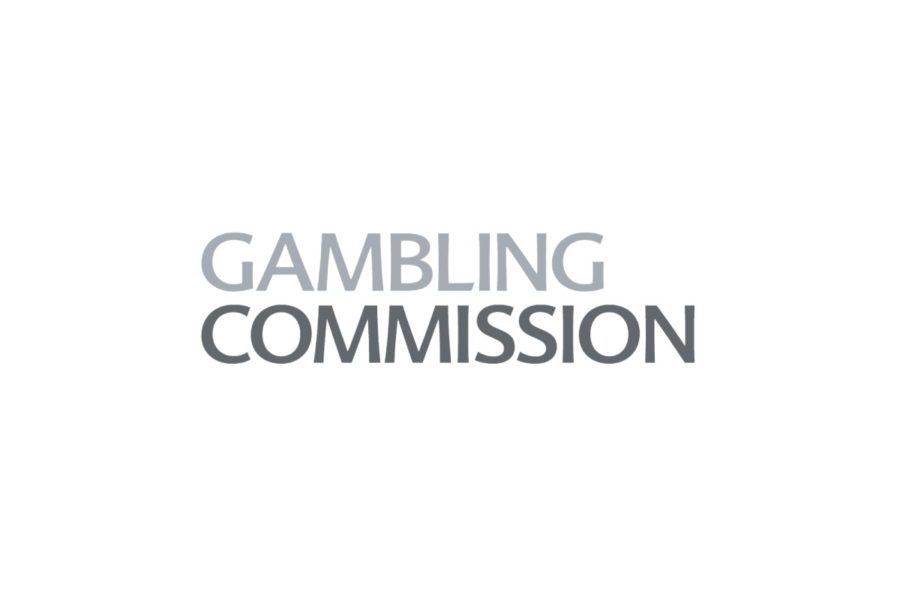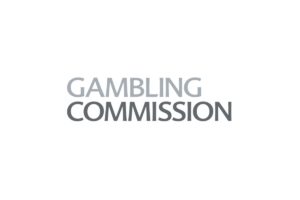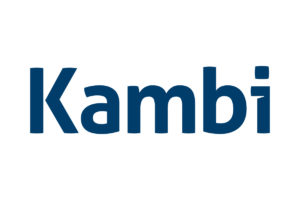Gambling Commission fines Jumpman Gaming and Progress Play

The two gambling businesses will pay a combined £675,000 in regulatory settlements with the British gambling regulator.
UK.- Two gambling businesses will pay a combined £675,000 in regulatory settlements after the British Gambling Commission identified social responsibility and anti-money laundering failures. Guernsey-headquartered Jumpman Gaming Limited, which runs 243 websites, will pay £500,000. Cyprus-based Progress Play Limited, which runs 201 websites, will pay £175,718.
In both cases, the settlements will be directed to the National Strategy to Reduce Gambling Harms.
In Jumpman Gaming’s case, a Gambling Commission investigation revealed that customers had lost £15,000, £20,000 and £19,000 over periods of a month, six weeks and four months, without the operator obtaining sufficient evidence on affordability.
In the case of Progress Play, while customer profiles contained some evidence of SOF information being recorded, there was a lack of a clear rationale regarding decision-making and a failure to effectively review SOF information provided, resulting in customers being able to spend more than their known earnings.
The operator recognised a failure to apply its own SOF policy when customers hit triggers
The regulator cited mitigating circumstances affecting the amount of the financial penalties in both cases. The firms had both cooperated with its investigations and made no attempt to conceal the breaches, the Gambling Commission said. They also implemented action plans to prevent recurrence of the breaches.
Gambling Commission director of enforcement and intelligence Leanne Oxley said: “We will always clamp down on operators who fail in their obligations to keep gambling safe and crime-free. We encourage other operators to consider the failings identified in these cases carefully, and consider what improvements they can make in their own businesses.”
Last month, the Gambling Commission revealed new rules requiring licensed online gambling operators to identify and intervene with at-risk players as a measure to reduce gambling harm. Operators will have to monitor a “specific range of indicators as a required minimum to identify gambling harms”.
The full guidelines are to be published in June ahead of implementation on September 12. The regulator said the new measures had been drawn up due to “continued failings by licensed operators”. It believes that operators have the ability to identify at-risk customers but are still taking too long to intervene.
The British government’s under-secretary of state for technology and the digital economy, Chris Philp, has told campaigners that gambling reform is “long overdue” and that “change is coming”. The Department for Digital, Culture, Media and Sport launched a review of British gambling legislation in the last quarter of 2020 but has yet to publish an expected gambling white paper outlining its proposed reforms.
Philp has given some hints in the past about what might be expected, including a single-customer view for operators and affordability caps.










